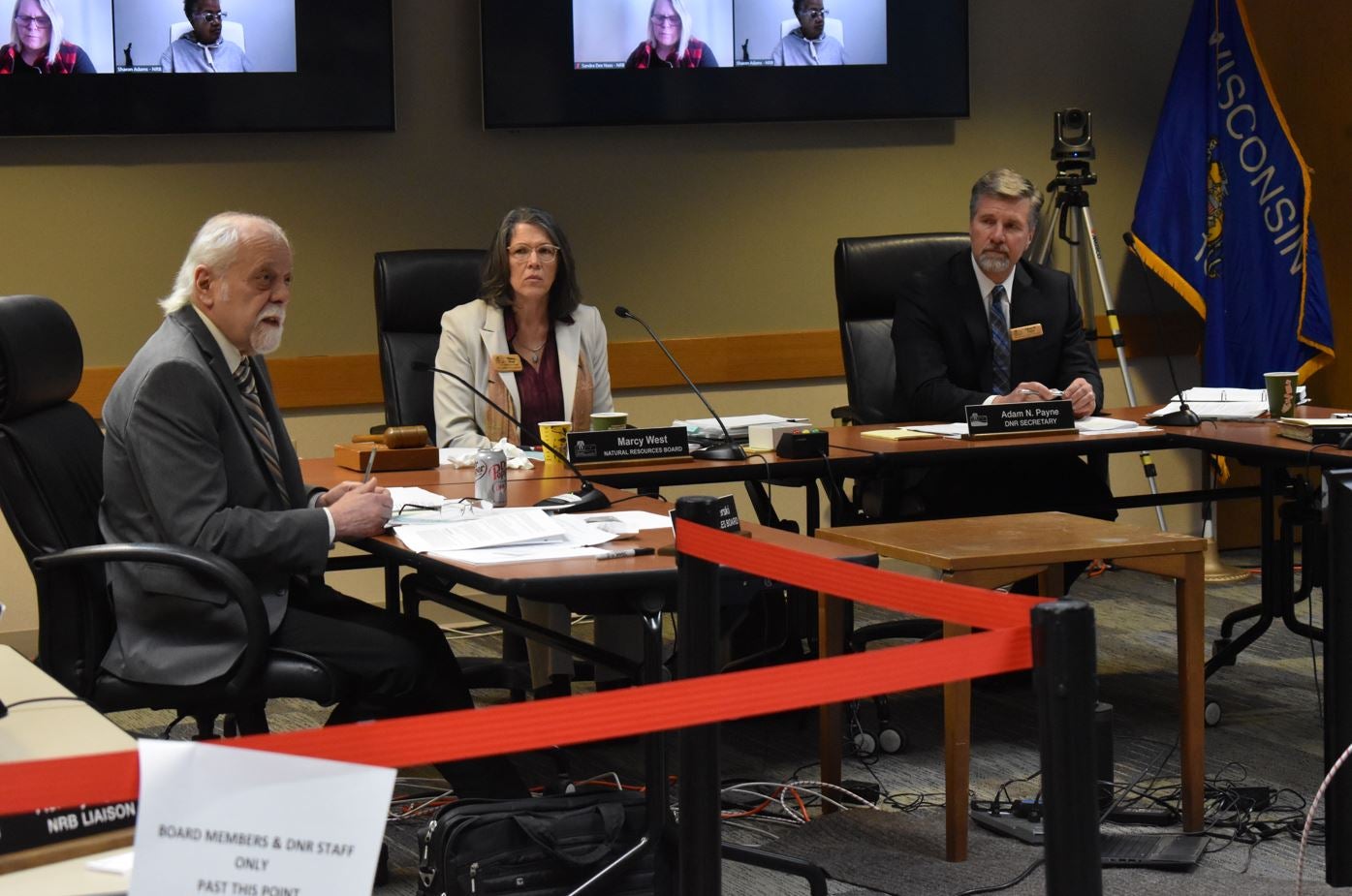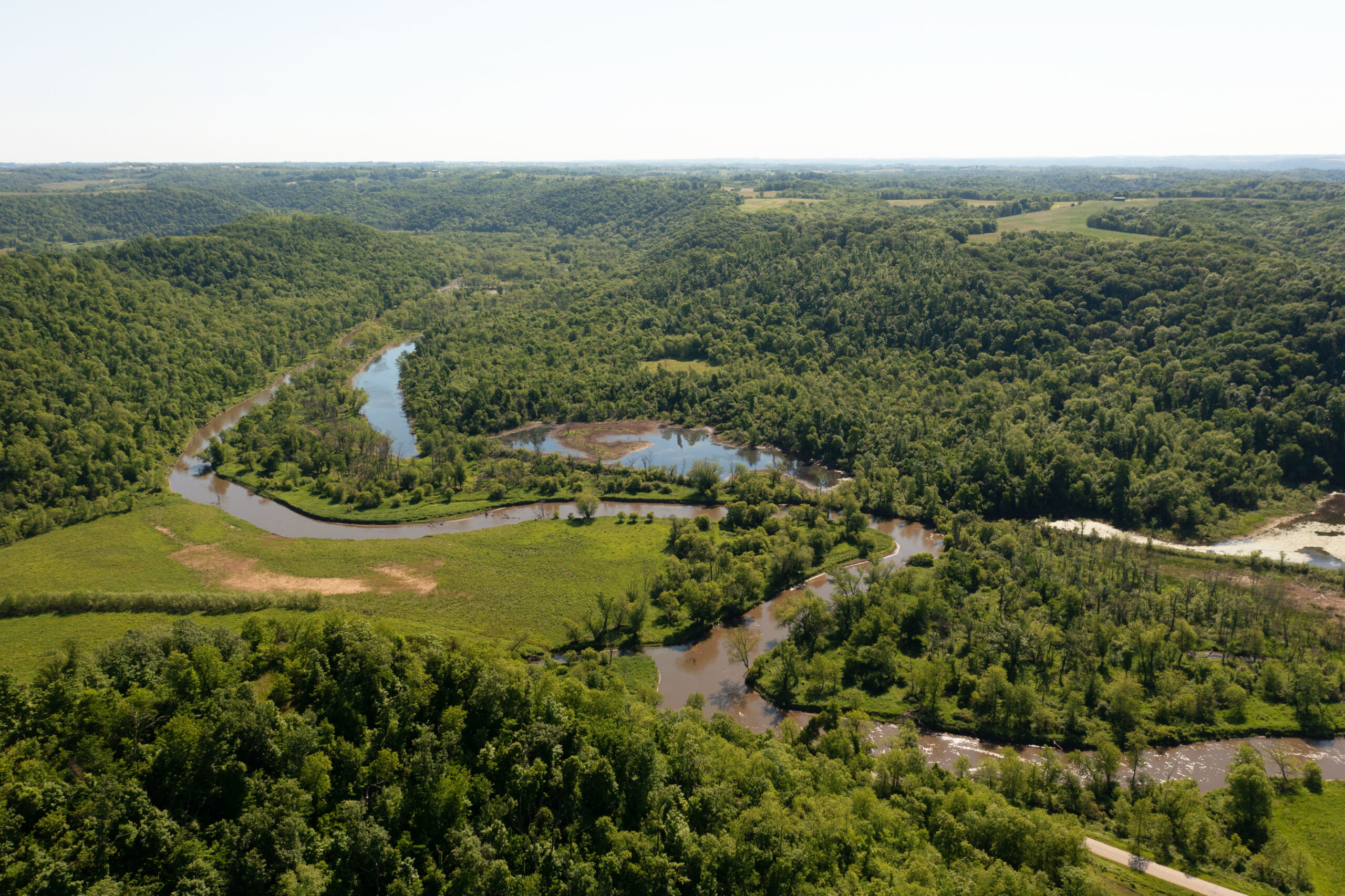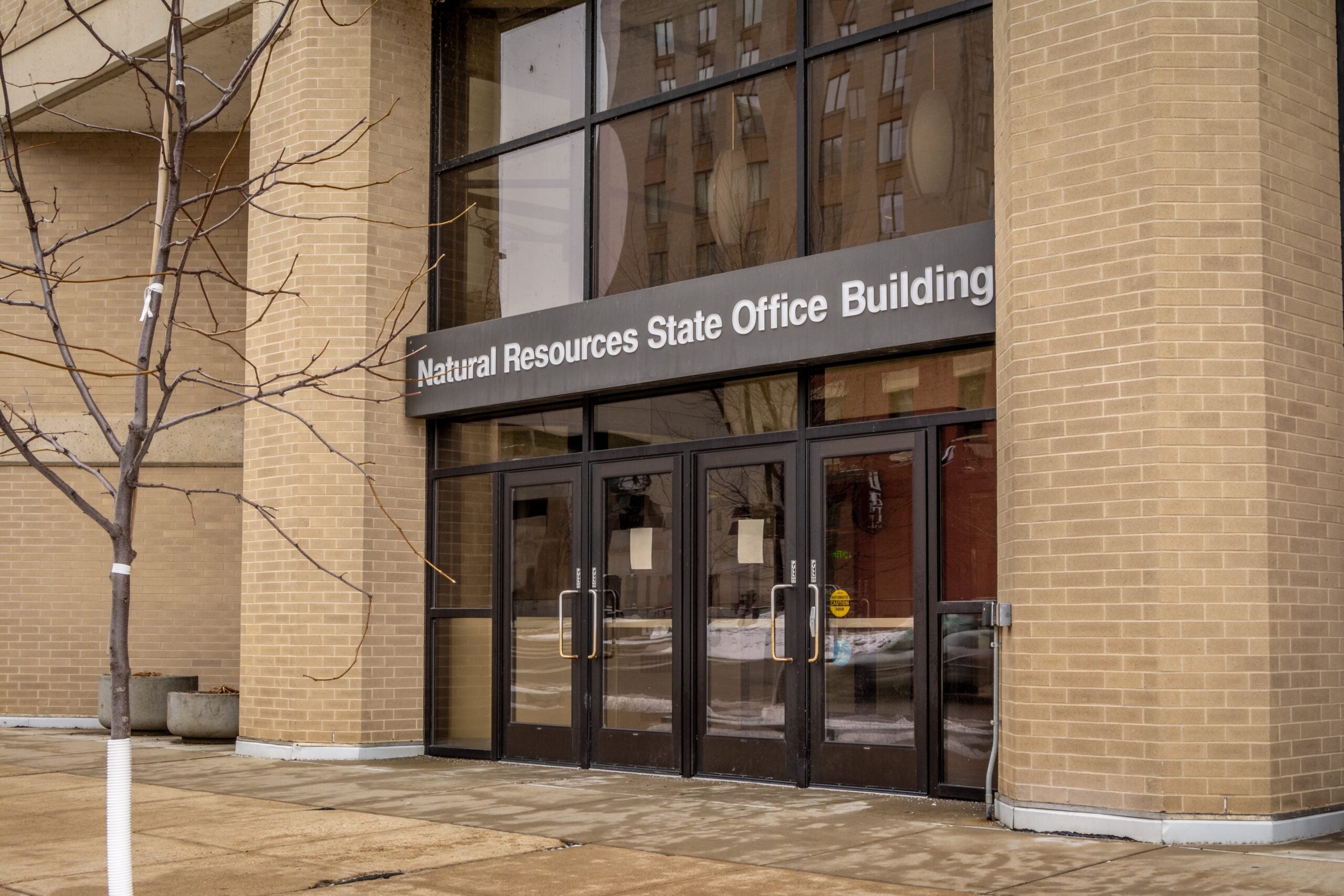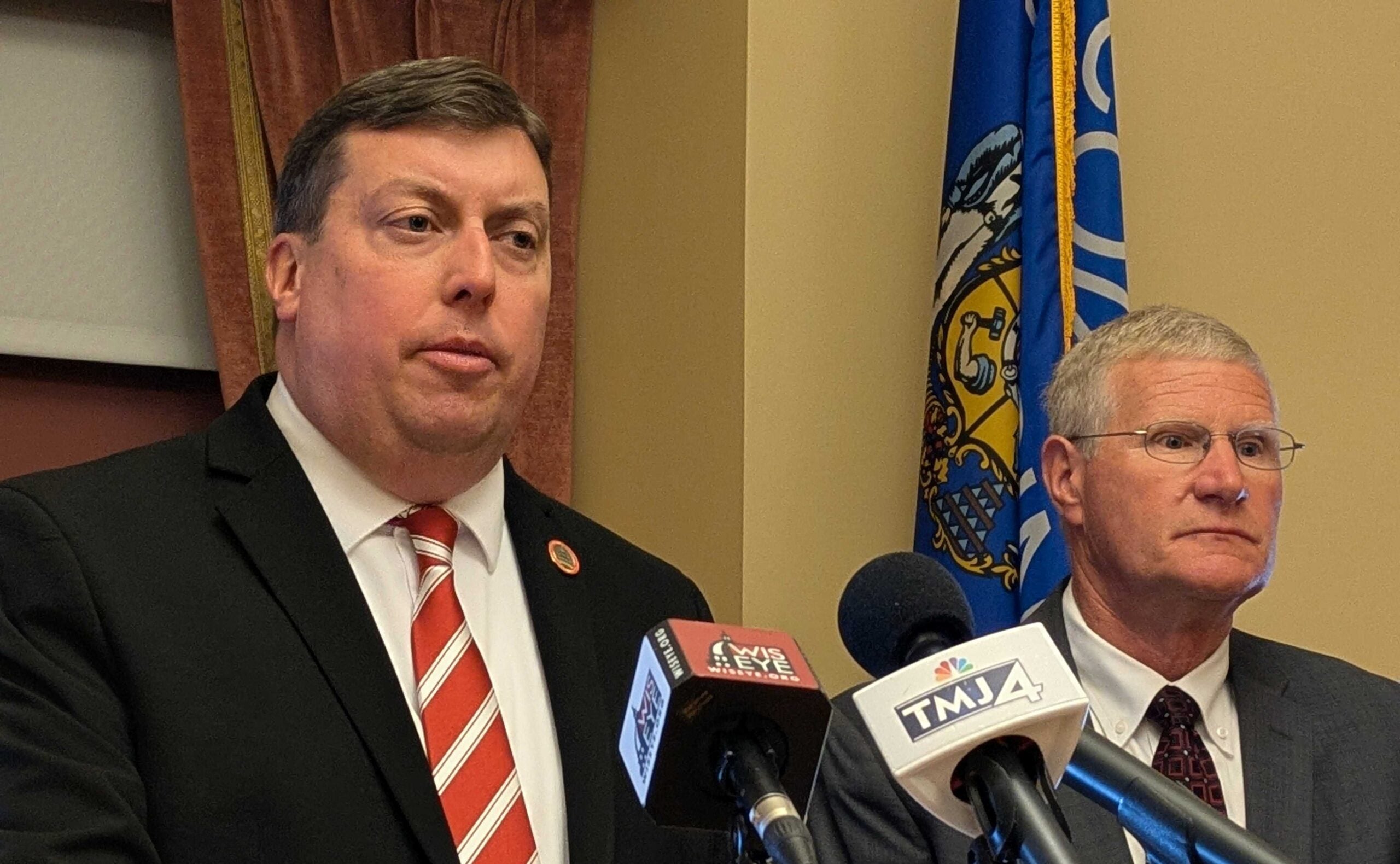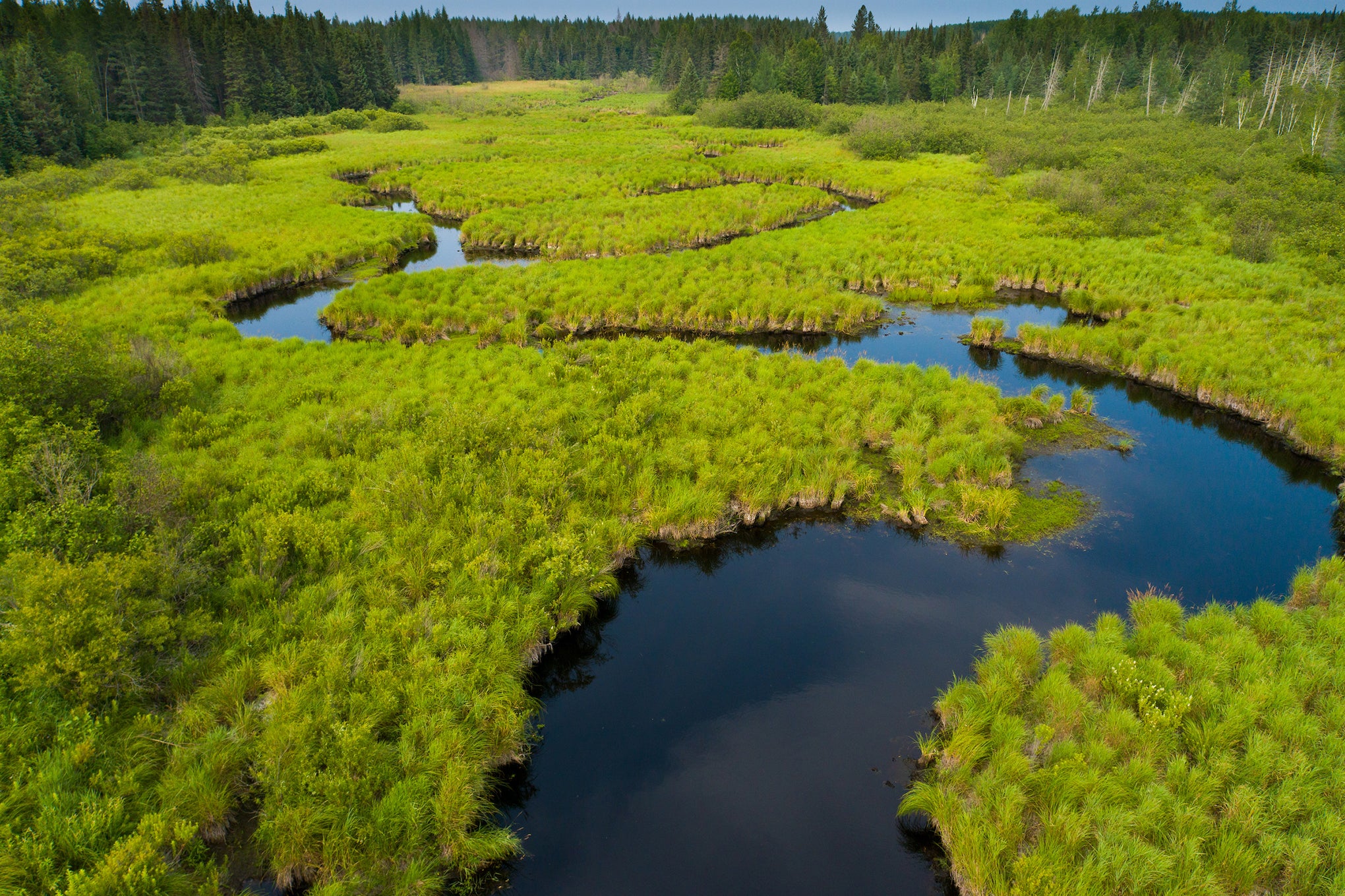A conservative member of the Natural Resources Board wants to see the state spend enough money to maintain habitats and public lands.
Board member Greg Kazmierski said he’s concerned there’s not enough funding for the Wisconsin Department of Natural Resources to manage habitats for wildlife as the state has added more properties under the Knowles-Nelson Stewardship Program, the state’s land acquisition program.
“We can’t let this get too far ahead to the point that we have a wildlife desert out there because we haven’t been keeping up with the habitat management,” Kazmierski said.
News with a little more humanity
WPR’s “Wisconsin Today” newsletter keeps you connected to the state you love without feeling overwhelmed. No paywall. No agenda. No corporate filter.
On Wednesday, Kazmierski shared a draft resolution with the board that seeks support for adequate funding for habitat management and the state’s public lands and facilities from the Legislature’s budget-writing committee. Members will share any thoughts on changes to the resolution, and they’re expected to vote on it at their next meeting in April.
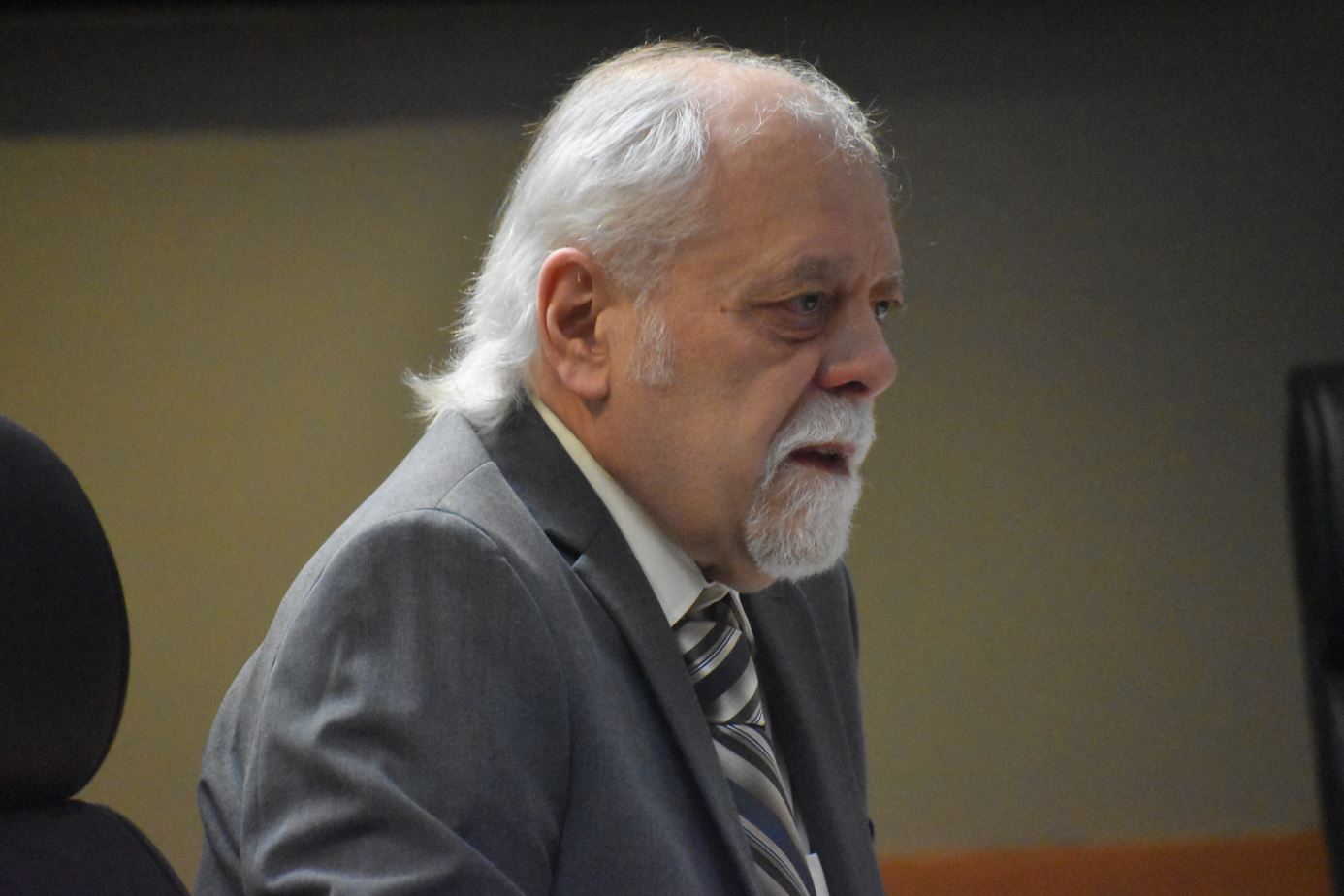
DNR Assistant Deputy Secretary Steven Little told the board that funding devoted to habitat management has increased over the last decade from $7.1 million in 2011 to at least $11.2 million for habitat management in 2022. He noted the funding allocated to habitat or wildlife management occurs outside the Stewardship Program.
“The question then becomes what else can or how else can we maintain and support the habitat of acquisition targets and acquisitions that we’ve made…over the course of the program?” Little said.
Tim Gary, the agency’s budget and policy analyst, said the DNR has set aside $107.5 million for the management of state lands in the current fiscal year. That doesn’t include federal funding sources.
Board member Terry Hilgenberg echoed there may be a need to request funding from the Legislature to maintain habitats and public lands.
“There’s some risk associated with that because then the ones that don’t want us to buy any more property are going to say, ‘Told you so. We shouldn’t be buying any more property,’” Hilgenberg said. “So we got to be careful with how we approach that.”
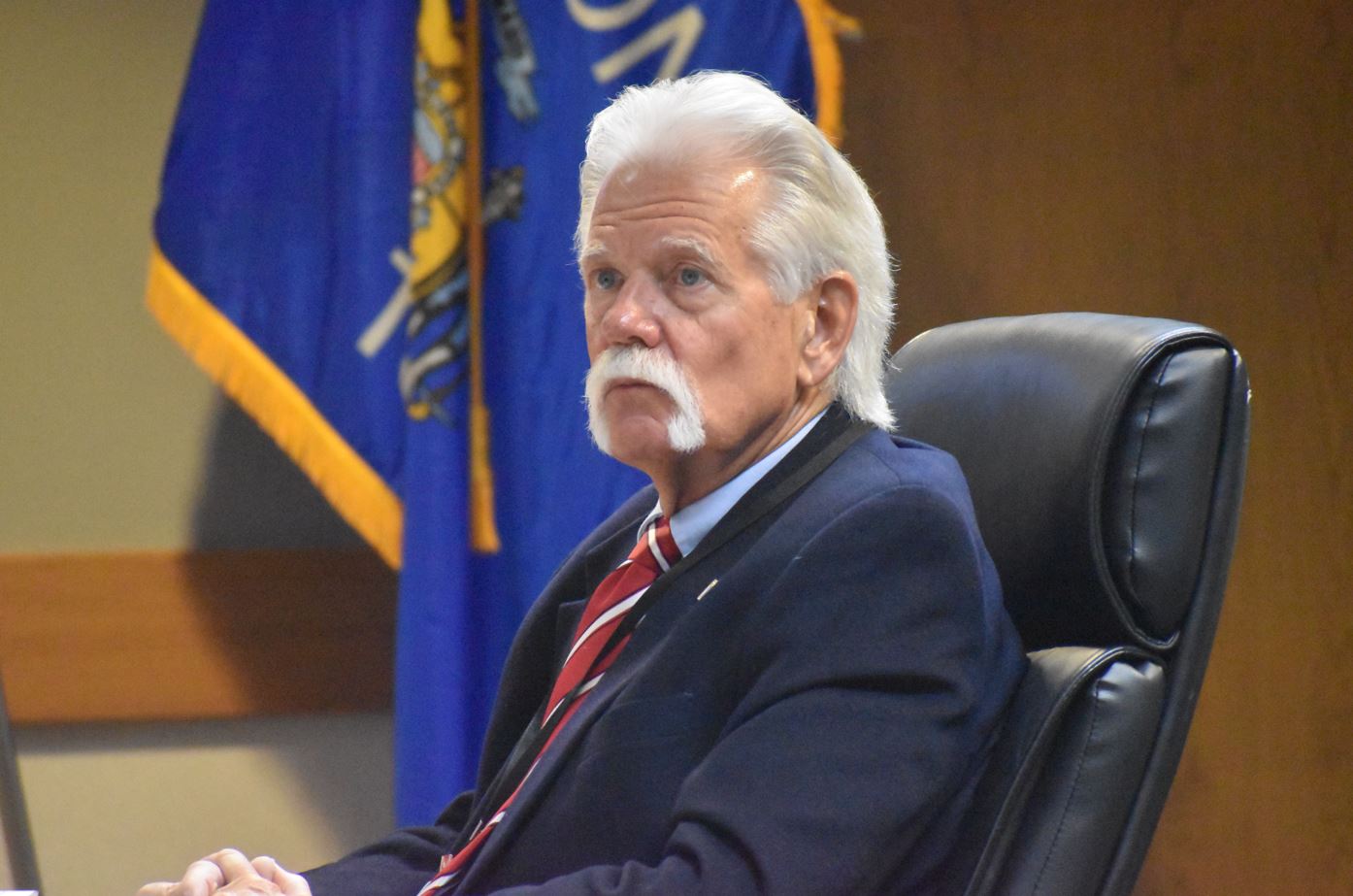
In 1989, Wisconsin created the Stewardship Program to buy land and preserve natural areas and wildlife habitat. The program is also intended to protect water quality and fisheries, as well as expand outdoor recreation opportunities. Since its inception, more than 879,000 acres of land has been purchased through the program by the DNR. Overall, the state has acquired around 1.5 million acres of land.
The program is currently funded at $33.25 million each year through 2026, of which $25.25 million is paid for through bonding. However, Gary noted the program is limited to spending $6 million each year for land acquisitions.
Large land purchases have met opposition in recent years as some Republican lawmakers have opposed taking blocks of private land off the tax rolls in heavily forested counties across northern Wisconsin.
The Pelican River Forest — the largest land conservation deal in Wisconsin history — is currently under threat of losing funding. A lawmaker with the Joint Committee on Finance objected to using $4 million in Stewardship funding for a $15.5 million conservation easement to preserve 70,000 acres of the forest east of Rhinelander.
Little told the board that the committee hasn’t scheduled a hearing on the project.
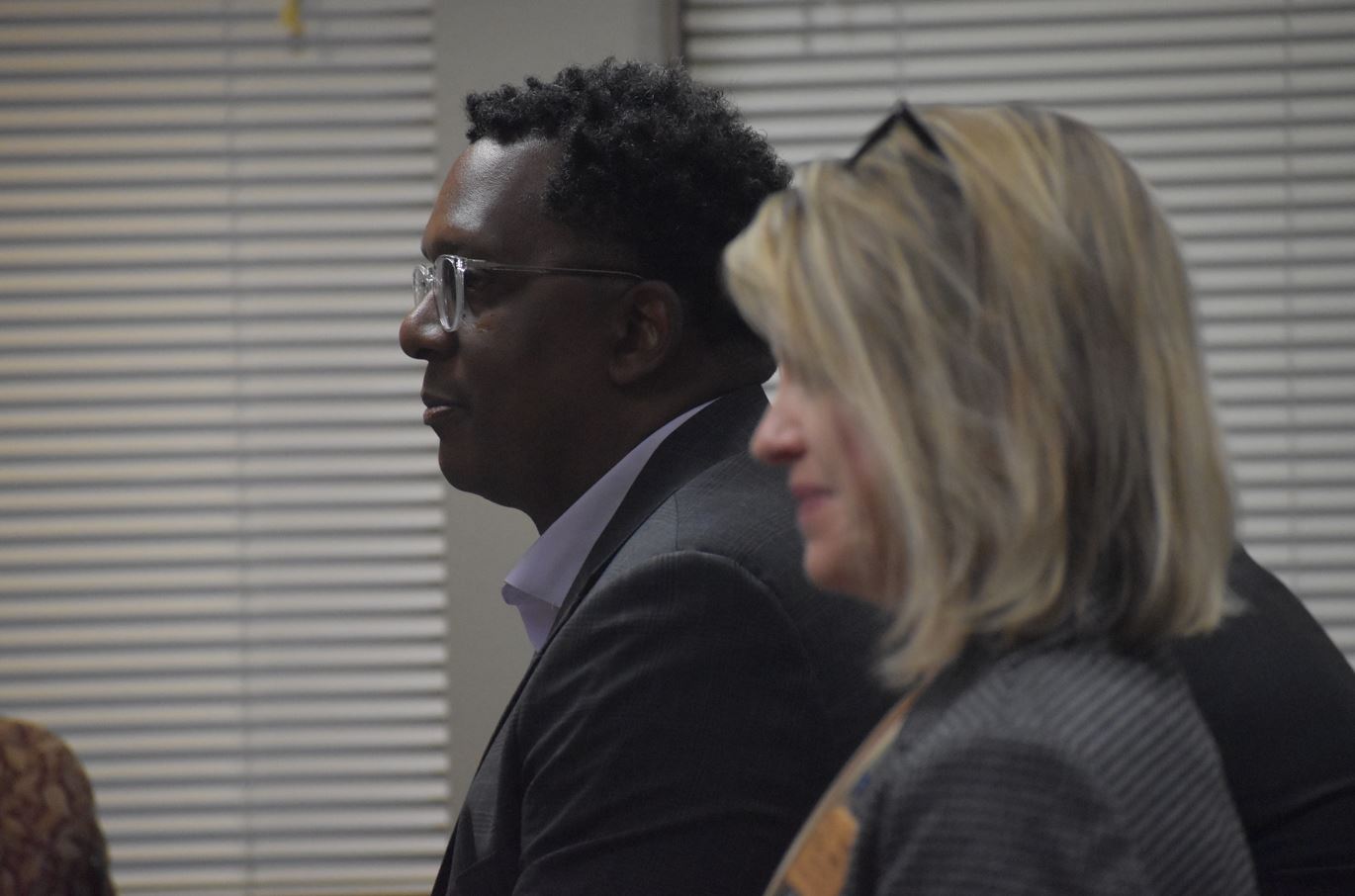
Gov. Tony Evers has proposed increasing transparency around the Legislature’s review of Stewardship projects under the next two-year state budget by requiring lawmakers to be named publicly who object to land deals. Currently, lawmakers can object to projects anonymously. Sen. Mary Felzkowski, R-Irma, spoke publicly about her concerns with the Pelican River Forest deal but said there were other anonymous objectors.
Evers is also proposing to increase the threshold that triggers the committee’s review of projects from acquisitions that cost $250,000 to those costing $500,000 or more. He also wants to repeal a requirement that all projects north of Highway 64 be subject to legislative review.
Since 2015, the DNR said 19 projects north of Highway 64 have gone to the Joint Committee on Finance for their approval and five have yielded objections. Gary said the projects were ultimately paid for through alternative funding sources.
The committee’s Republican co-chair Sen. Howard Marklein, R-Spring Green, declined to comment on the governor’s proposals and whether a hearing may be held on the Pelican River Forest. Staff for Rep. Mark Born, R-Beaver Dam, didn’t immediately respond to a request for comment on Wednesday afternoon.
Wisconsin Public Radio, © Copyright 2025, Board of Regents of the University of Wisconsin System and Wisconsin Educational Communications Board.

